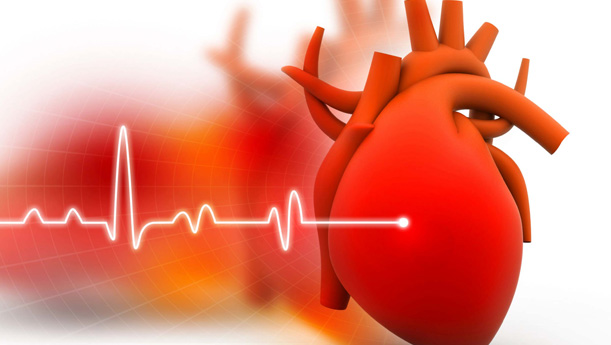
Researchers from the University of Leicester discovered that Zinc plays a key role in regulating the way Calcium moves in the heart cells. Zinc is present in heart muscle and interacts with Calcium to affect heart function.
Zinc is the most common mineral in human body beside Iron. Zinc is actually found in every cell. Past research have shown patients with congestive heart failure often have profound Zinc deficiency. Zinc has potent antioxidant properties which help to neutralize free radicals that may accelerate aging & contribute to the development of chronic diseases like cancer and heart disease. In addition to essential metabolic functions, the level of Zinc in the body also affects the heart muscle. When oxidative stress occurs, it may be due to a shortage of Zinc, which can be determined by examining the heart muscle. Studies by the Technical University of Munich (TUM) show the relationship between the total amount of Zinc in the body and cardiac function. Zinc deficiency initially appears as symptoms on the skin, hair and fingernails, although it can progress to include reduced immune response and organ failure, including the heart. Heart palpitations have numerous causes, including many benign ones, but they may indicate early signs of heart failure.
Zinc appears to have protective effects in coronary artery disease and cardiomyopathy. In such states, replenishing with Zinc has been shown to improve cardiac function and prevent further damage.






